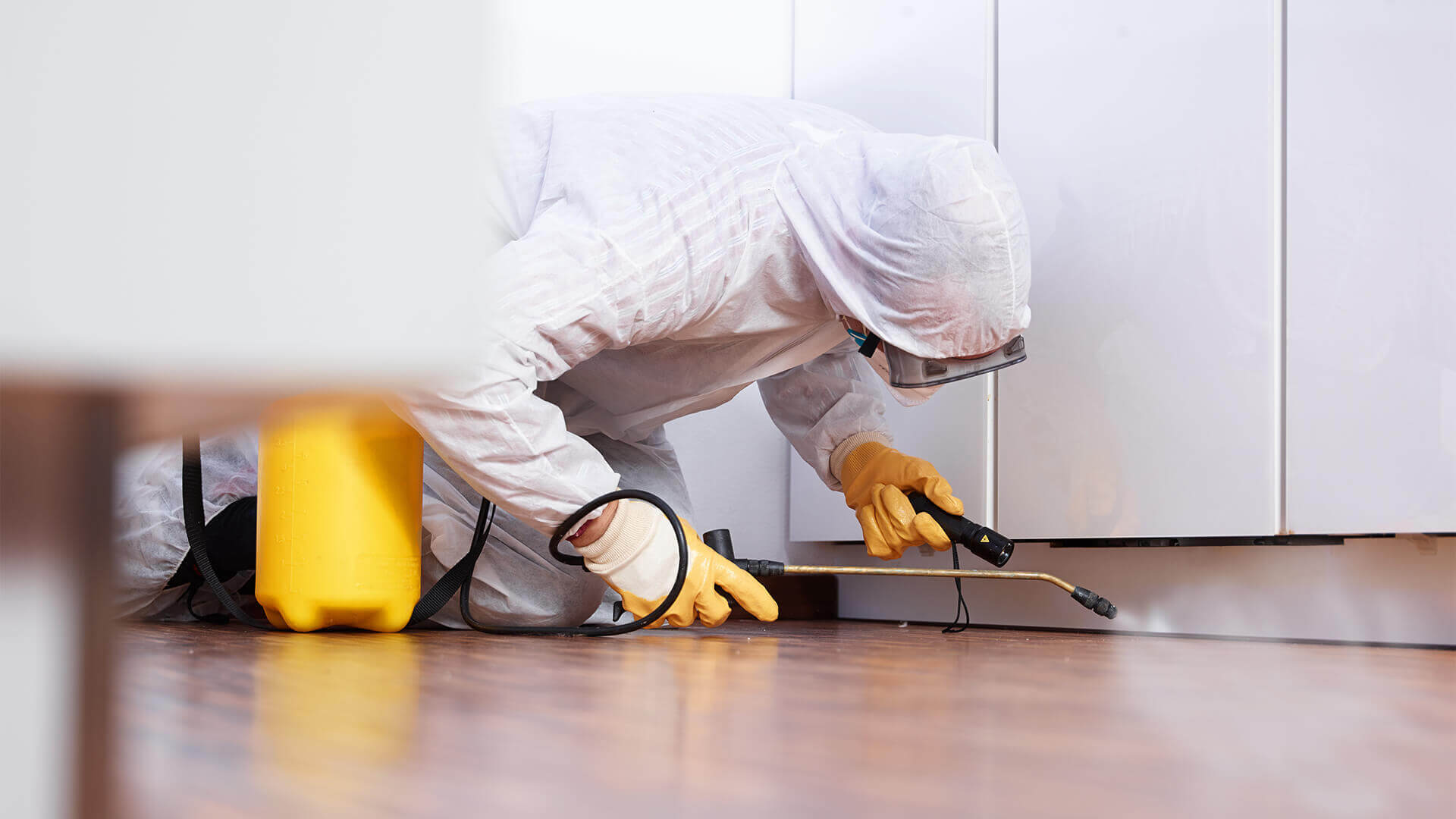Pests can be a major nuisance, causing damage to property and posing health risks. Effective pest control is essential for maintaining a healthy and comfortable living environment. This guide will cover the best practices and strategies for pest control, ensuring your home remains pest-free.
Understanding Pests and Their Impact
Types of Common Pests
Different pests require different control methods. Common pests include:
- Insects: Ants, cockroaches, termites, and bedbugs.
- Rodents: Mice and rats.
- Wildlife: Raccoons, squirrels, and bats.
- Birds: Pigeons and sparrows.
Each type of pest can cause unique problems. For instance, termites can damage wood structures, while rodents can chew through electrical wires.
Health Risks of Pests
Pests can carry diseases and cause allergic reactions. Cockroaches can trigger asthma attacks, and rodents can spread hantavirus. Understanding these risks highlights the importance of effective pest control.
Preventive Pest Control Measures
Maintaining Cleanliness
A clean home is less attractive to pests. Regular cleaning can help prevent infestations.
- Keep food sealed: Store food in airtight containers.
- Clean regularly: Sweep, mop, and vacuum frequently.
- Dispose of trash: Empty trash bins regularly and use sealed trash cans.
Sealing Entry Points
Prevent pests from entering your home by sealing cracks and gaps.
- Inspect your home: Look for cracks in walls, windows, and doors.
- Seal gaps: Use caulk or weatherstripping to seal gaps.
Proper Waste Management
Proper waste management can deter pests.
- Use sealed bins: Prevent pests from accessing your trash.
- Regular disposal: Remove waste regularly to avoid attracting pests.
Chemical Pest Control Methods
Insecticides
Insecticides are chemicals used to kill insects. They come in various forms, such as sprays, baits, and powders.
- Sprays: Effective for immediate results.
- Baits: Useful for targeting specific pests.
- Powders: Ideal for hard-to-reach areas.
Rodenticides
Rodenticides are used to control rodent populations. They can be highly effective but must be used with caution.
- Pellets: Commonly used but can be hazardous to pets and children.
- Traps: A safer alternative to poisons.
Safety Precautions
When using chemical pest control methods, follow these safety tips:
- Read labels: Follow all instructions and warnings.
- Wear protective gear: Use gloves and masks.
- Keep away from children and pets: Store chemicals safely.
Natural Pest Control Methods
Biological Control
Biological control involves using natural predators to manage pest populations.
- Ladybugs: Effective against aphids.
- Cats: Can help control rodent populations.
Organic Pesticides
Organic pesticides are derived from natural sources and are safer for the environment.
- Neem oil: Effective against a variety of insects.
- Diatomaceous earth: Works by dehydrating insects.
Home Remedies
Some home remedies can be effective for pests control.
- Vinegar: Can repel ants and fruit flies.
- Boric acid: Useful for controlling cockroaches.
Integrated Pest Management (IPM)
What is IPM?
Integrated Pest Management (IPM) is a holistic approach to pests control. It combines different methods to manage pests effectively and sustainably.
Steps in IPM
- Inspection: Identify pest problems and their sources.
- Prevention: Implement preventive measures.
- Control: Use targeted control methods.
- Monitoring: Regularly check for pest activity.
Benefits of IPM
- Environmentally friendly: Reduces reliance on chemical pesticides.
- Sustainable: Long-term pests control solution.
- Cost-effective: Can save money over time.
Hiring Professional Pest Control Services
When to Hire a Professional
Some pest problems require professional intervention. Consider hiring a pest control service if:
- Infestation is severe: Large or widespread infestations.
- Health risks are high: Pests pose significant health risks.
- DIY methods fail: Home remedies and store-bought products are ineffective.
What to Look for in a Pest Control Service
When choosing a pests control service, consider the following:
- Experience: Look for companies with a proven track record.
- Reputation: Check reviews and ratings.
- Certifications: Ensure the company is licensed and certified.
- Guarantees: Look for services that offer guarantees.
Benefits of Professional Pests Control
- Expert knowledge: Professionals have specialized knowledge and equipment.
- Safety: Professionals know how to handle chemicals safely.
- Long-term solutions: They provide lasting results.
Case Studies: Success Stories in Pest Control
Grand Prairie Pest Control
Grand prairie pest control has seen significant success with integrated pest management. Local companies have reduced chemical use by focusing on preventive measures and biological controls. Homeowners report fewer pest problems and a healthier environment. follow for more https://digitoont.com/
Cedar Hill Pest Control
Cedar Hill Pest Control services have adopted advanced technologies like heat treatments for bedbugs and eco-friendly pesticides. These methods have proven effective and safe for both residents and the environment.
Conclusion
Effective pests control requires a combination of preventive measures, chemical treatments, and natural methods. By understanding pests and their impact, maintaining cleanliness, and implementing IPM, you can keep your home pest-free. Professional pests control services offer expertise and long-term solutions for severe infestations.
FAQs
1. What are the most common pests in homes?
The most common pests include ants, cockroaches, termites, and rodents.
2. How can I prevent pests from entering my home?
Maintain cleanliness, seal entry points, and manage waste properly.
3. Are chemical pesticides safe to use?
Chemical pesticides can be safe if used correctly. Follow all safety instructions on the label.
4. What is Integrated Pest Management (IPM)?
IPM is a holistic approach to pests control that combines various methods for effective and sustainable management.
5. When should I hire a professional pests control service?
Consider hiring a professional if the infestation is severe, poses health risks, or DIY methods fail.






